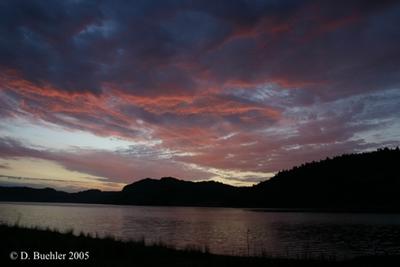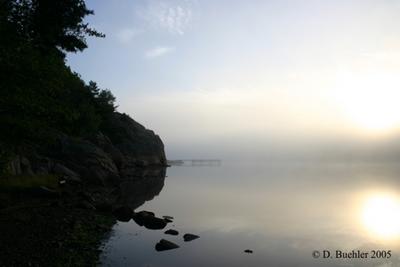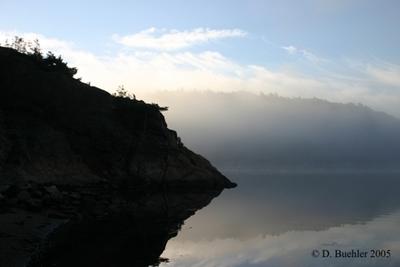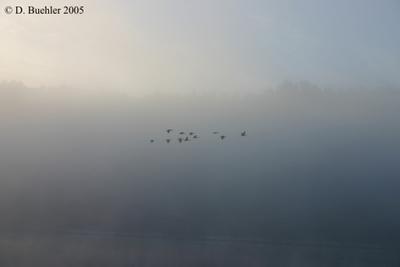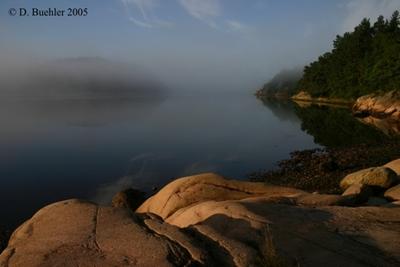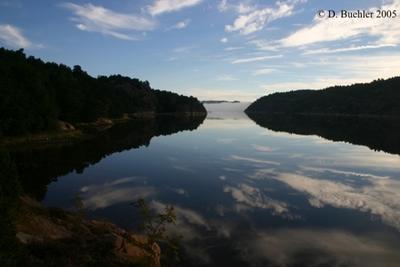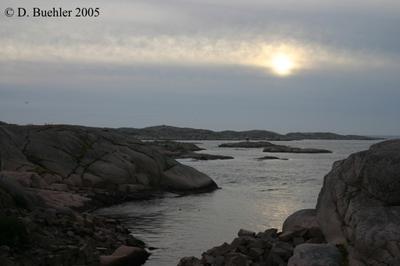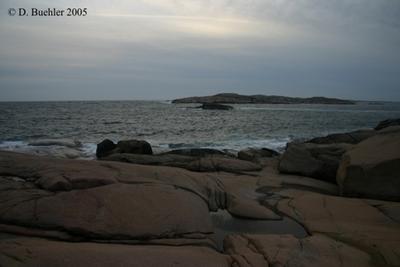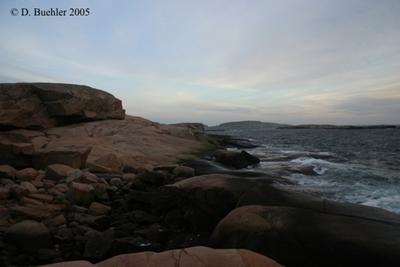I began in Brussels, a true cultural hub and the capital of both the Flemish and French parts of Belgium, as well as the capital of the European Union. Brussels is a cosmopolitan city, with liveliness and appeal intimately related to its role as a crossroads for Europe. I spent an afternoon and evening wandering around this city of about 1.3 million, and finding that the city’s vibrancy and classic style reminded me of Paris. In the larger city squares I was delighted by fabulous antique carousels sporting giant Pterodactyls, World War II planes and Art Noveau insects instead of ponies for revelers to ride. I was charmed. My stomach was charmed too since hot chocolate and spiced wine were on offer everywhere as were delicious Belgium waffles and scrumptious Belgium chocolate truffles. It was a gastronomic delight!
The name Brussels comes from the old Dutch Bruocsella, Brucsella or Broekzele, meaning "marsh (bruoc, bruc or broek) home (sella or zele)", thus "home in the marsh". I imagine that the name symbolises the very beginings of the area. However, the official founding of Brussels is usually thought of as 979, two years after the Duke of Lorraine moved to Saint Gery Island (then encompassed by the Senne River) in what is now Brussels. Around the same time two other important Flemish cities, Ghent and Bruges were flourishing and I visited those two cities next.
I spent only a morning in Ghent, but even in that short time I was impressed by the cities medival buildings including the belfry and the towers of the Cathedral and Sint-Niklaas Church. These buildings made up what could be called the “Manhattan of the Middle Ages”. The region of Ghent was inhabited in Celtic times and the name comes from the Celtic word “ganda” which means “converging” (for example, of two rivers). When the Franks invaded the Roman territories from the end of the 4th century and into the 5th century they brought their language with them and Ghent became a region where Celtic and Latin were replaced by ancient Dutch. Outside Italy, Ghent was the biggest city in Europe (after Paris) until the 13th century; bigger than London, Cologne or Moscow.
From Ghent I headed to Bruges a city with a very long history. Bruges began more than 2000 years ago as a Gallo-Roman settlement, its name originating from the Old Norse "Bryggja" which means “landing stage”. Bruges has a long tradition of international port activity and by the eleventh century, Bruges had expanded to become a commercial centre for Europe. The the city grew and prospered until 1500, when the natural link between Bruges and the sea silted up, and the port of Antwerp became a rival. Bruges slept through the industrial revolution and by the middle of the 19th century, it had become the poorest town in Flanders. However, the lack of industrialization became a blessing in disguise, as the untouched medieval city center was later recognized as an open-air museum, and has been a UNESCO World Heritage Site since 2000. When I visited in the dead of winter, the ancient buildings glowed against a foreboding sky that threatened snow and added to the magical feeling of begin transported back in time.
I ended my visit to Belgium in Antwerp. As I moved from Brussels to Ghent and Bruges and then finally to Antwerp the change in culture from French to Flemish was striking. In fact, Antwerpen even looked and felt a little like the Dutch cities we know from the Netherlands. However, many aspects of the city were unique and the visit was well worth it.
According to folklore, the city of Antwerp got its name from a legend involving a mythical giant called Antigoon that lived near the river Scheldt. This giant exacted a toll from passers-by who wished to navigate the river. On refusal, the giant often severed one of their hands and threw them into the river. Eventually, the giant was slain by a young hero named Brabo, who cut off the giant's hand and threw it into the river. Hence the name Antwerpen from Flemish Hand werpen (hand-throwing). This legend explains the many hand shaped sculptures and forms throughout the city.
The city of Antwerp gained economic importance after the decay of Bruges and even today Antwerp remains Europe’s third, and the world’s fifth largest port. In addition to its trading heritage, Antwerp is famous for its diamonds. To me however, it has a very strange way of displaying them. In a long street adjacent to the central train station I found shop after shop literally “stuffed” with diamond jewelry. The displays looked like something from a pawn shop and yet there are real diamonds there among florescent pink signs screaming “50% off”. I was amazed and even managed a few photos before my camera and I were chased away. Photos of the displays it seems are “verboden” (forbidden). It was however a “classic Me” moment to be chased away from a diamond store.
Belgium is small and often forgotten by travellers making a whirlwind tour through Europe. But if one takes the time to stop and look around it is easy to understand why this countries inhabitants consider it the best kept secret in Europe. Belgium is Europe in a nutshell, multicultural and multilingual.
